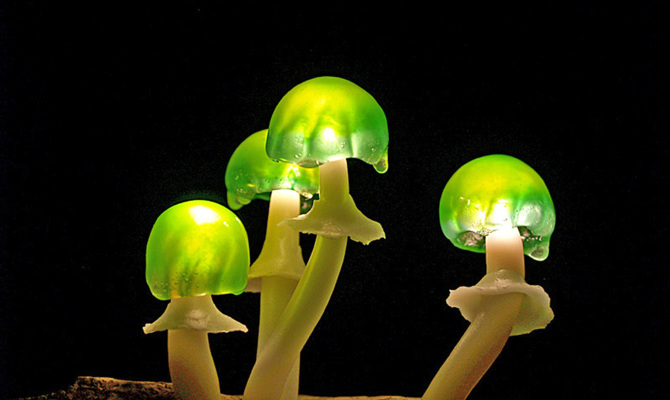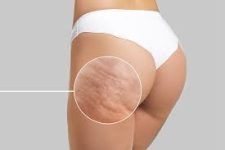How Mushrooms Can Clean Up the Environment
3 min read
Blog of Bridesire –
 The Fungaschain Project is transforming mushroom waste into usable eco-friendly products. What if the latest fashion trend was a jacket made from mushrooms? Or perhaps when you order take out it is now delivered in mushroom-based packaging. What if the best household cleaners were made from mushrooms too?
The Fungaschain Project is transforming mushroom waste into usable eco-friendly products. What if the latest fashion trend was a jacket made from mushrooms? Or perhaps when you order take out it is now delivered in mushroom-based packaging. What if the best household cleaners were made from mushrooms too?
The world definitely has mushrooms to spare so these scenarios are more than just a possibility. Research continues to look at how mushrooms can be used for products that we need each and every day. Rather than being waste, there can be additional benefit and further use.
When it comes to environmentally safe products the Fungaschain Project believes that mushrooms are the future. Tons of waste from these fungi are produced each week and can be put to use to make cleaning products, plastic and even food additives.
Looking at Europe alone, over 60,000 tons of mushroom waste is recorded every week. The new focus sees this waste as potentially useful and is looking how to refine it. There are currently four different bio-refinery methods that can be used to transform mushroom waste into a usable eco-friendly product.
1. Microwave Assisted ExtractionThe use of microwave radiation is an efficient and reliable way to extract the needed materials from mushroom waste. Antimicrobial agents as well as antioxidants and polyols can be extracted to use in the creation of useful products. Once extracted, these elements are further refined during a series of additional processes to create the eco-friendly products like plastic bags or gloves, food additives or cleaning solutions.
2. Pressurized Hot Water ExtractionTo get the materials out in a liquid form, hot pressurized water is used. With this method you end up with a complex carbohydrate known as a polysaccharide as well as bioactive proteins that have prebiotic characteristics. The resulting materials are ideal for additives and texturizing agents for food. Texturizing enables food to be thickened, emulsified or gelled easier.
3. FermentationFermentation allows the mushroom waste to be broken down into fermented sugars which are ideal for bio-plastic blends and bio-polyesters. These materials are great for eco-friendly plastic bags or gloves and even film.
4. Anaerobic DigestionThis method involves using microorganisms that work without oxygen. What you get when using an anaerobic digester, is the production of compost and biogas.
What does all this mean for the future?It is very possible and realistic to make useful items materials from the waste of mushrooms. We can end up with more biodegradable and environmentally friendly packaging and products. Rather than building up more and more waste, we can use what we already have plenty of.
Enriched food supplements can enhance health and fabric can even be produced that is similar to suede. The fabrics do not have to be just for clothes, but can be used to make furniture too. The waste can be transformed into materials that are used for building supplies that will provide the same strength as bricks.
Mushrooms may just be the answer to the major problem of waste and landfills. Currently the bio-refinery methods are being tested to make sure that they do not create additional problems while trying to solve this one. It is totally feasible that in the near future you will be cleaning your house with mushrooms, wearing mushrooms and even carrying your groceries home with them too. We will have a natural and innovative solution to all the toxic waste problems that we are damaging out world with.
(c) Blog of Bridesire – Read entire story here.






